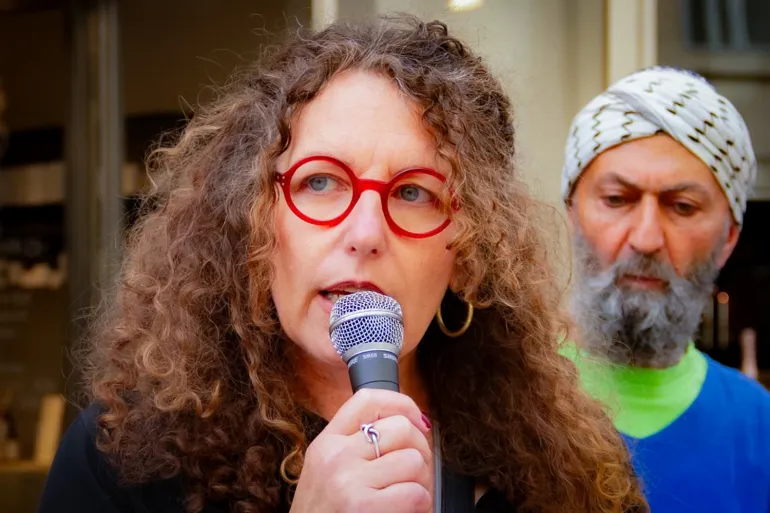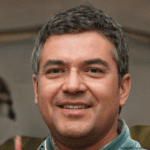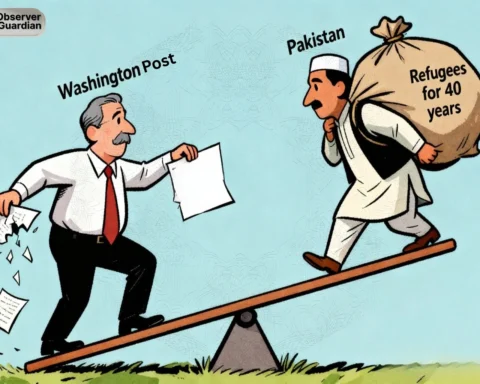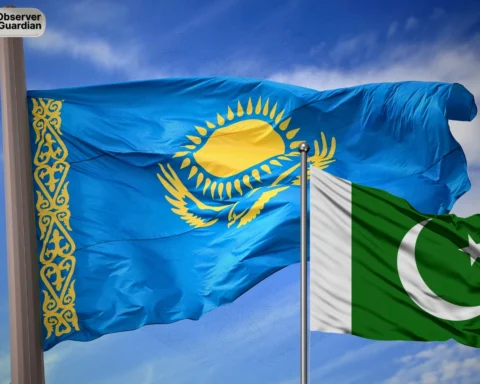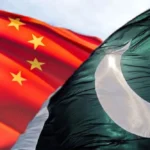1. Family Fractures Over Palestine: When Advocacy Costs Kinship
In Vienna, Dalia Sarig, a Jewish pro-Palestinian activist, hasn’t spoken to her parents in months. Her vocal support for Palestinian rights—particularly after participating in a televised protest—led her father to declare her “dead” to him and her mother to brand her a traitor.
Their relationship, once grounded in shared heritage, unraveled after Sarig began speaking out against Zionism, a political ideology her parents hold dear. Sarig, now 56, has lived a life shaped by Jewish tradition but turned toward activism after engaging with Palestinian narratives during her time in Israel.
Her renouncement of Israeli citizenship in 2015 was symbolic but marked a permanent divide. “I lost my Jewish community,” she said, “because I was considered at best strange, and at worst, a traitor.”
2. Social and Emotional Fallout: The Toll of Speaking Out
The emotional cost of estrangement is not theoretical. Neuroscientist Faissal Sharif from Oxford University explains that social rejection activates the same neural pathways as physical pain. “The betrayal felt when love and acceptance are made conditional upon silence or complicity in genocide can be deeply wounding,” he said.
For some, this internal fracture is just as painful as witnessing the devastation in Gaza. Families, Sharif notes, operate as “microcultures” with unspoken political boundaries. When those boundaries are crossed, especially around deeply rooted ideologies like Zionism, the consequences are often silence, disownment, or psychological isolation.
Jonathan Ofir, an Israeli-born musician now living in Denmark, began questioning Zionist ideology after reading Ilan Pappé’s The Ethnic Cleansing of Palestine. He posted a critical image of Israelis watching Gaza burn during the 2014 war—only to receive disapproval from his relatives, who have since chosen to ignore his political stance rather than debate it.
3. Political Lines Drawn in Blood: After October 7
For many Jewish families, the events of October 7, 2023, marked a point of no return. That day, Hamas fighters killed more than 1,100 Israelis. In response, Israel launched a military campaign that has killed over 61,000 Palestinians in Gaza, drawing global condemnation.
Some liberal Zionists moved further right, yet a small but growing segment of Jewish voices—many of whom oppose Zionism—have become even more outspoken. Daniel Friedman, a Jewish activist in the Netherlands, has stopped speaking to some relatives entirely after clashing over Israel’s actions. “This is really the only issue nowadays,” he said, referring to the widening rift within Jewish communities.
Meanwhile, Sarig continues her advocacy. She is now organizing a major conference in Vienna for Jewish anti-Zionists. Among the speakers are Holocaust survivor Stephen Kapos and American podcaster Katie Halper. “My focus,” Sarig says, “remains on the Palestinians.”

